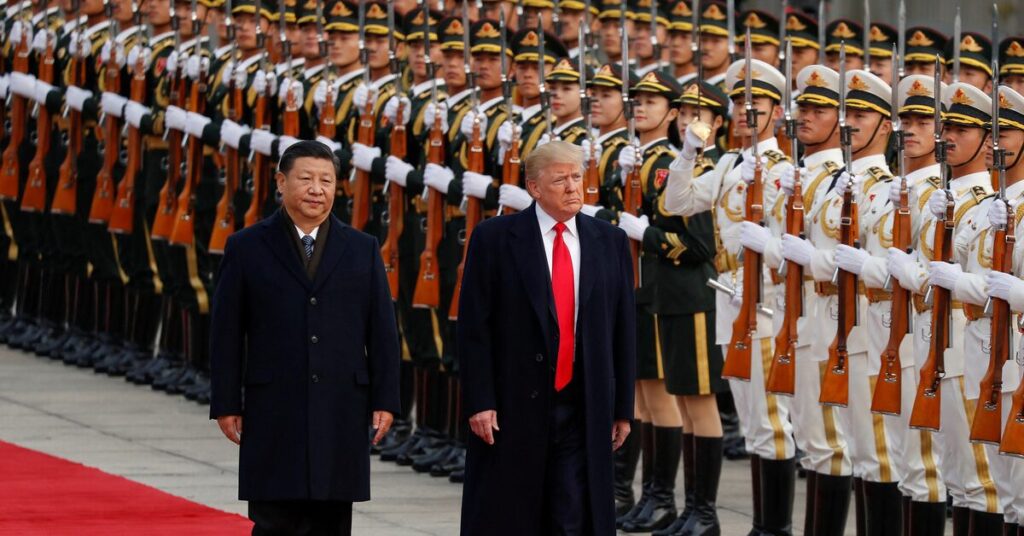Ford Temporarily Halts Exports to China as US-China Trade Tensions Escalate
In response to escalating trade tensions between the United States and China, Ford Motor Company has announced a temporary suspension of vehicle shipments to the Chinese market. This strategic decision comes amid rising tariffs and trade barriers imposed by both nations, significantly impacting automotive trade flows. Industry analysts suggest the move reflects broader supply chain adjustments as multinational corporations navigate an increasingly complex global trade landscape. The suspension is expected to remain in effect until trade conditions stabilize, with Ford evaluating alternative strategies to maintain its competitive position in the Asian market.

 Ford suspends shipments of F-150 trucks and other cars to China. pic.twitter.com/WvZcasq6xZ
— Watcher.Guru (@WatcherGuru) April 18, 2025
Ford suspends shipments of F-150 trucks and other cars to China. pic.twitter.com/WvZcasq6xZ
— Watcher.Guru (@WatcherGuru) April 18, 2025
Ford Halting Shipments of F-150s, Other Vehicles to China Amid Retaliatory Tariffs
In recent weeks, tension between the United States and China has reached a fever pitch. The White House announced that the nation was facing tariffs as high as 245%, claiming the move was made to combat the nation’s “retaliatory actions.” In return, the US has been hit with import tax increases amid a rising tariff war.
Now, those actions are starting to greatly impact a number of companies across the globe. Indeed, Ford has announced that it is suspending shipments of specific vehicles to China amid the burgeoning US trade war. Specifically, they have ceased shipping their F-150 Raptor, Mustangs, and Bronco SUVs, according to a Wall Street Journal report.

The decision was made as Chinese officials raised their retaliatory duties on US imports to 150%. According to sources, the suspension of shipments has been Ford’s best effort to cope. Moreover, the Michigan-based automaker has noted that prices will likely increase in early July. Specifically, those increases will happen if the tariffs are not resolved.
“Customers will have a lot of choices, and we have plenty of inventory to choose from through June 2. The tariff situation is dynamic, and we continue to evaluate the potential impact of tariff actions,” a Ford spokesperson said.
JPMorgan CEO Jamie Dimon was among the individuals calling for an end to the conflict. Indeed, he urged the Trump administration to engage with China. If they don’t, he expressed fear that the trade war could wreak irreparable damage on the nation and its perception.

